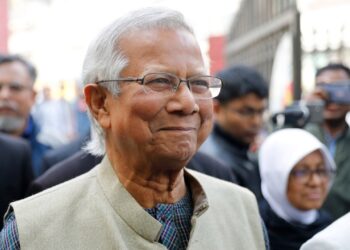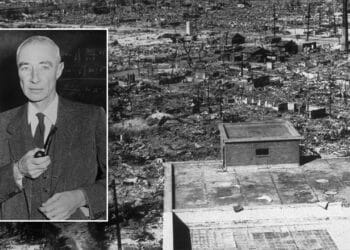Cyclone ‘Amphan’ (pronounced as UM-PN) intensified into a super cyclonic storm on Monday and is likely to move north-northeastwards and rapidly over the northwest Bay of Bengal. It will cross the West Bengal and Bangladesh coasts between Digha and the Hatia island on May 20, the India Meteorological Department (IMD) said. ‘Amphan’ cyclone gathered more strength across the Bay of Bengal while moving slowly towards the coast.
This has raised the possibility of heavy rains and high-velocity winds in coastal Odisha and the state government has initiated the process of evacuating people from the vulnerable areas. Fishermen have been advised not to venture into the sea till May 21, said Special Relief Commissioner (SRC), PK Jena.
The state government of West Bengal and Odisha has begun evacuating thousands of villagers and halted port operations ahead of a cyclone which is expected to hit its east coast this week, officials said. “We have given orders to evacuate people from low-lying areas, and protect them from the coronavirus too,” said a senior official of the Home ministry. Odisha and West Bengal sent disaster management teams to move families from homes of mud and thatch to places of shelter from the severe cyclonic storm.
“The wind speed due to the supercyclone over the Bay of Bengal is expected to go up to 230 km/ph and even 265 km/ph, but ‘Amphan’ will gradually weaken on the sea itself before its landfall on May 20”, said HR Biswas, director of the meteorological center in Bhubaneswar.
Several southern states were also hit by heavy rain due to the storm. A “very heavy rain warning” has been issued for Odisha, West Bengal, Sikkim, Meghalaya till Thursday (May 21). The most dangerous thing in a cyclone is a tidal wave. 4-6 metre high astronomical tidal wave expected in shallow areas of South & North 24 Parganas.
At 4 PM, Monday, Prime Minister Narendra Modi chaired a high-level meeting with officials of the Ministry of Home Affairs (MHA) and the National Disaster Management Authority (NDMA) to review the response preparedness against cyclone Amphan developing in the Bay of Bengal, and assured all possible Central assistance to the states which are likely to be hit.

Soon after the meeting, the prime minister tweeted that he prays for everyone’s safety and assures all possible support from the central government.
At the review meeting, PM Modi took stock of the situation and reviewed the measures as well as the evacuation plan presented by the National Disaster Response Force (NDRF), a statement from the Prime Minister’s Office said.
During the presentation of the response plan, SN Pradhan, Director General of the National Disaster Response Force informed that Odisha and West Bengal will be most affected due to super cyclonic storm ‘Amphan’. 25 NDRF teams have been deployed on the ground while 12 others are ready in reserve. Twenty-four other NDRF teams are also on standby in different parts of the country. It was also decided that some NDRF teams should be ready for airlifting in case of an eventuality.
Photo credit: PTI
[zombify_post]















